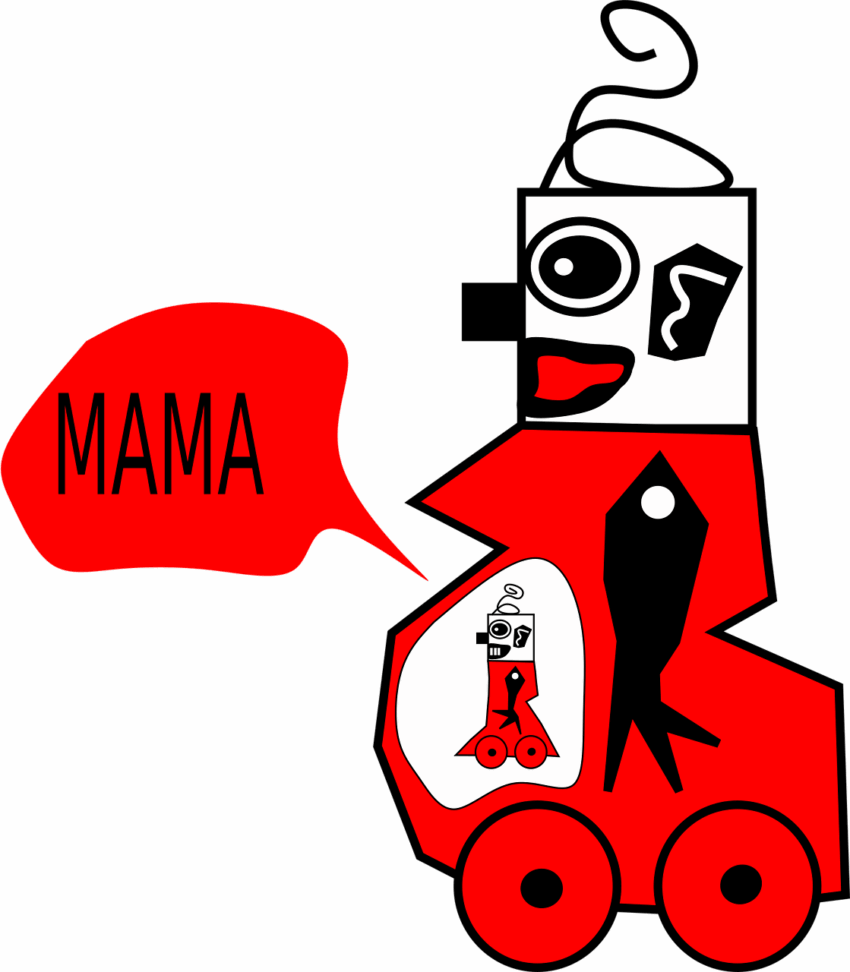My eight-year-old recently asked why so many Disney movies feature deceased or wicked mothers. After a moment to reflect, I answered, “Because if the main characters had positive role models and caregivers, they would get into a lot less trouble and then there wouldn’t be a story.” In Disney’s first full-length animated feature film, Snow White, the villain was changed from Snow White’s biological mother as she had been in the source material by the Brothers Grimm to an evil stepmother. While the Grimms’ version focused on the Queen’s jealousy of her own daughter’s beauty (a tribute to traditional beauty standards and ageism) Disney’s rendition leaned into pre-existing tropes of wicked stepmothers in folklore, exploring themes of abuse and power.
Neither version is a particularly flattering portrayal of motherhood. Of course, the Brothers Grimm and Walt Disney aren’t unique in utilizing absent or cruel maternal figures to create conflict. There’s a case to be made that the wound of a lost parent, particularly a mother, is one of the most common and effective origin stories in literature, and oral tradition before it. All three Abrahamic religions—Judaism, Christianity, and Islam—arose from creation stories about children (Adam and Eve) separated from their father (the Creator) and mother (the garden of paradise or Nature). Fables, parables and myths from cultures all over the world center family dynamics as driving forces of action.
Why is the absent or evil mother trope in particular so popular? Consider the counterpoint trope: the “good mother.” Giver of life, nurturing, patient, and gentle. She is a selfless, desexualized figure of unconditional love and sacrifice. Take away the “good mother,” and our characters are left with no sense of safety or self. This wound has catapulted countless protagonists on journeys of self-discovery, searching for the best versions of themselves, the ones only a “good mother” would’ve seen in them all along.
I prefer the more nuanced depictions of motherhood increasingly found in contemporary fiction. In Grady Hendrix’s latest, Witchcraft for Wayward Girls, a group of pregnant teens struggle against their own bodies, societal judgement and witches in a fresh exploration of what makes someone a mother. Dearest by Jacquie Walters, My Darling Girl by Jennifer McMahon and Just Like Home by Sarah Gailey all reexamine the trope of “bad mother” in compelling and disturbing ways. Megan Abbott’s thriller Beware the Woman fearlessly interrogates issues of body autonomy and radicalized gender roles. In The Upstairs House, author Julia Fine weaves historical and speculative fiction together for a new perspective on postpartum depression. And in one of the most gripping horror novels I’ve read recently, Incidents Around the House, Josh Malerman introduces the ultimate “bad mother,” chillingly referred to by the story’s eight-year-old narrator as “Other Mommy.”
Perhaps my favorite depiction of motherhood (and by favorite, I mean most devastating) is Jessamine Chan’s The School for Good Mothers. This dystopian novel contrasts the most primal act of human biology—growing, birthing and raising another person—with the cold logic of robots manufactured by the government for the purposes of rehabilitating “bad mothers.” I was so moved by this book I lost the ability to speak coherently not once but twice when I encountered the author at AWP a few years ago.
Please share your favorite books or stories about mothers in the comments below. Whether you are celebrating, grieving or both this Mother’s Day, I hope you find joy and solace in reading about one of literature’s and society’s most foundational and complicated figures.

